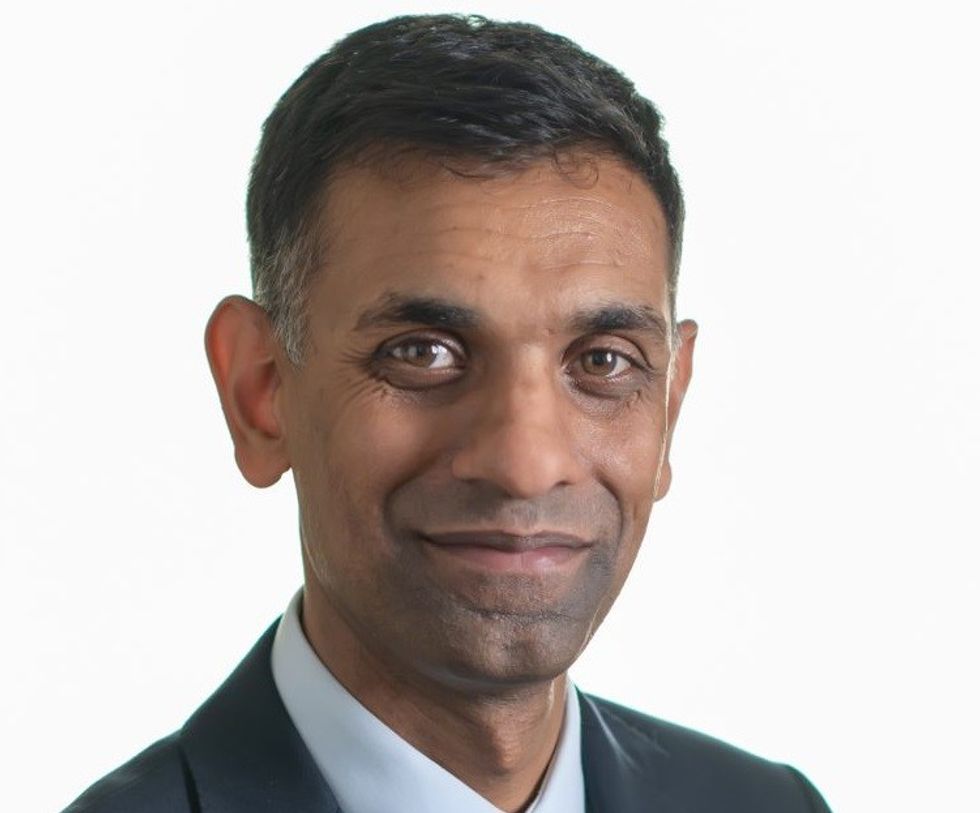In a landmark independent review of services provided by NHS Talking Therapies it has been identified that psychotherapy services must be better tailored to meet the specific needs of Black and minoritised ethnic groups.
Over a decade of anonymised patient data has revealed historical disparities in access and outcomes for individuals from these communities compared to White British groups.
People from Black and minoritised ethnic backgrounds experienced limited access, longer waiting times for assessment, and poorer outcomes, a press release by NHS Race & Health Observatory said.
The study particularly highlighted challenges faced by south Asian communities, specifically Bangladeshi groups, and individuals of mixed ethnicity, predominantly White and Black Caribbean, who were the least likely to access these services.
Conducted in partnership with the National Collaborating Centre for Mental Health (NCCMH), the comprehensive assessment review, titled ‘Ethnic Inequalities in Improving Access to Psychological Therapies (IAPT),’ underscored the potential for addressing poor outcomes through improved access and culturally sensitive therapy.
Some individuals from Black African backgrounds utilising IAPT services showed higher rates of improvement and recovery compared to White British individuals.
The report, released by the NHS Race & Health Observatory, urged commissioners, clinicians, and healthcare organisations to confront ethnic health disparities by enhancing resources, training, and recruiting culturally sensitive therapists.
Introduced in 2008, the IAPT services underwent a rebranding in January 2023, as 'NHS Talking Therapies for anxiety and depression'.

The review consistently mentions IAPT and highlights diverse outcomes within minoritised ethnic groups, revealing that, on the whole, they continue to face challenges in terms of accessing, experiencing, and achieving positive outcomes in mental health conditions.
Despite the challenges, the research also identified instances of good practice and improvements, particularly with support from Voluntary Community and Social Enterprise (VCSE) organisations and community partners.
The review called for better understanding of mental health inequality and urged service providers to ensure therapists are ethnically diverse.
It emphasised the importance of co-designing services in collaboration with different communities and offering additional sessions for therapists to grasp cultural differences.
Additionally, it highlighted the necessity of promoting talking therapy services to underserved communities.
The study, spanning from 2008 to 2023, incorporated feedback from focus groups, engagement with IAPT therapists, extensive data analyses, and a review of literature.
The report, launched at the Royal College of Psychiatrists on November 1, 2023, presented key findings through presentations by researchers, individuals with lived experience, healthcare professionals, policymakers, and community representatives.
Dr Habib Naqvi, Chief Executive of the NHS Race and Health Observatory said, “We recognise there are still critical gaps in access and outcomes when it comes to mental health support and talking therapies, across different ethnic groups. There are many people from Black and minoritised ethnic communities struggling with their mental health, and yet they are less likely to be referred to talking therapies and have poorer experiences and outcomes once they are referred. It’s vital that we take a serious look at the findings of this review – reflect on what has been effective in the past, and address how service provision can be more inclusive and equitable across all communities.”
The review also highlighted significant barriers, including clinical language issues, lack of cultural sensitivity, interpretation challenges, and digital communication barriers. It stressed the importance of therapists' education and training to meet the specific requirements of the population served, addressing factors such as ethnicity, age, and gender.
The report outlined a series of recommendations for commissioners and organisations providing mental health services, aiming to ensure equitable access and outcomes for all communities.
Moreover, the study emphasised the lack of diversity in the IAPT workforce, where 80% of staff are White and female, potentially affecting engagement and uptake of treatment, especially for men from Black and ethnic backgrounds. This underlined the need for a more diverse workforce to foster inclusivity.
Steve Gilbert OBE, Co-Chair of the Race and Health Observatory's Mental Health Working Group, stressed the importance of timely access to culturally sensitive talking therapies.
In response to the report, Saffron Cordery, deputy chief executive of NHS Providers, a membership organisation for the NHS hospital, mental health, community and ambulance services expressed concerns about the worrying disparities in access to NHS ‘talking therapies’ for ethnic minority individuals.
Cordery highlighted the urgent need to address structural racism, bias, and discrimination in health services which she said, leads to poorer physical and mental health outcomes for ethnic minority groups and those living in areas of high deprivation.
She also welcomed the report’s recommendations, including recruiting ethnically diverse therapists and promoting local engagement to enhance access to talking therapy services in underserved communities.


















